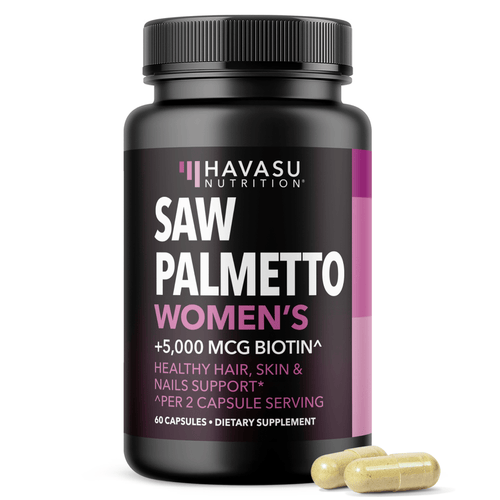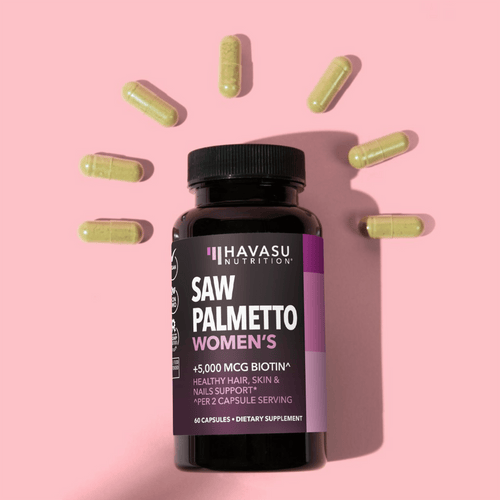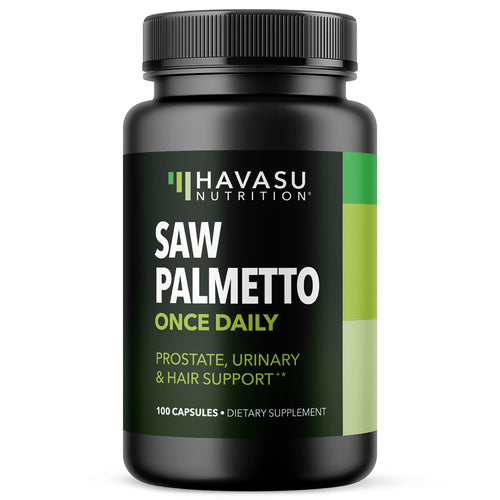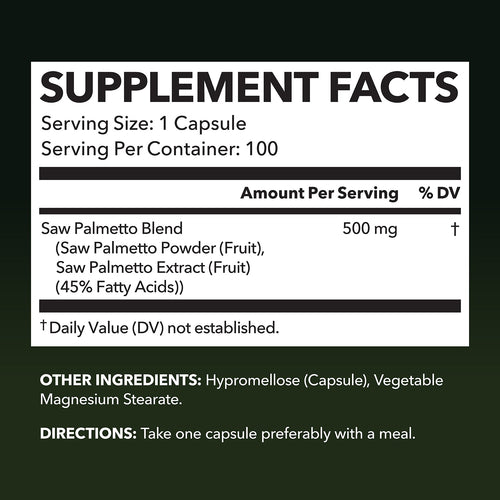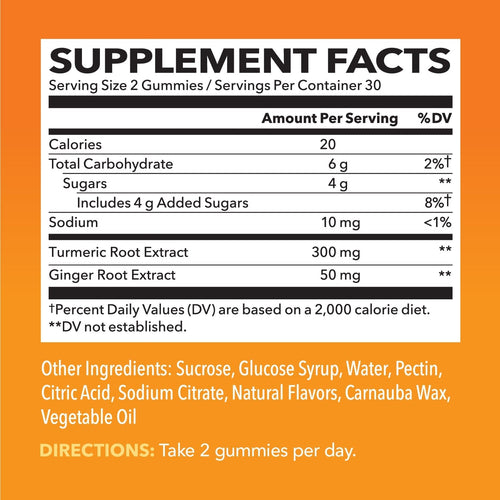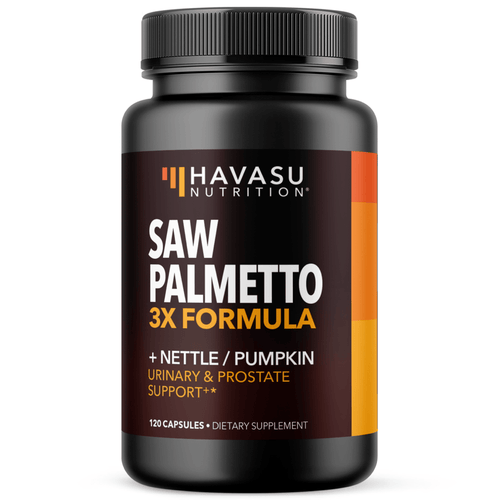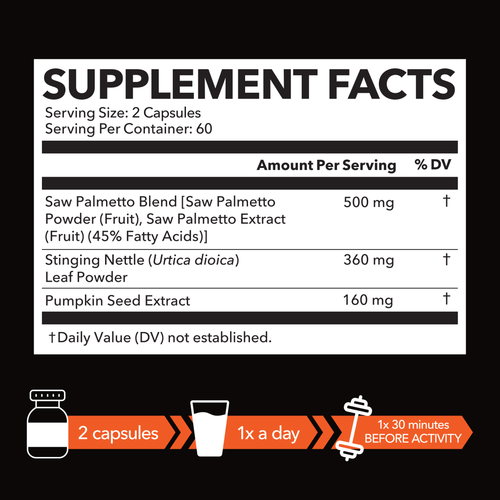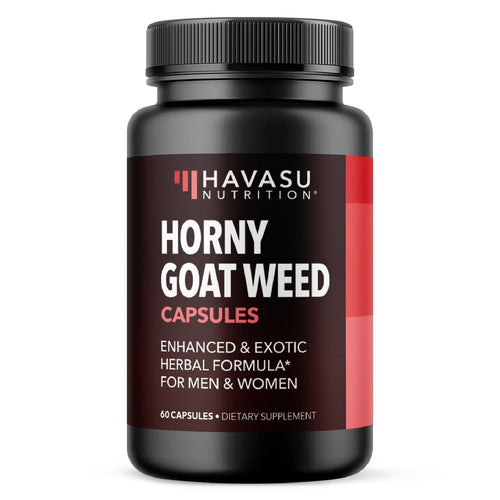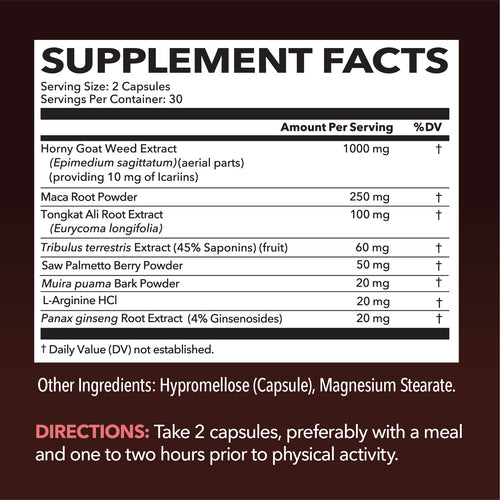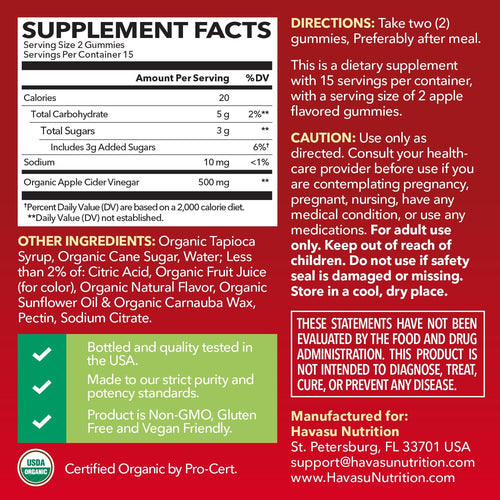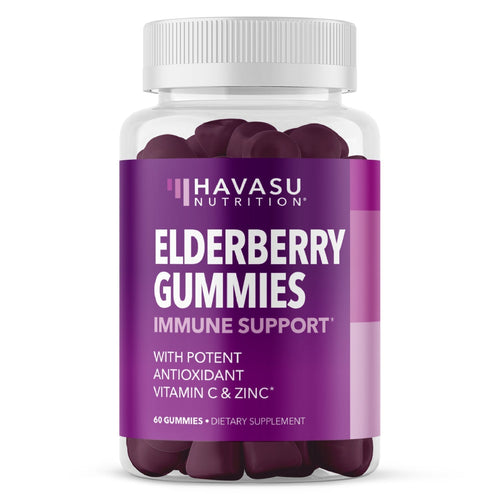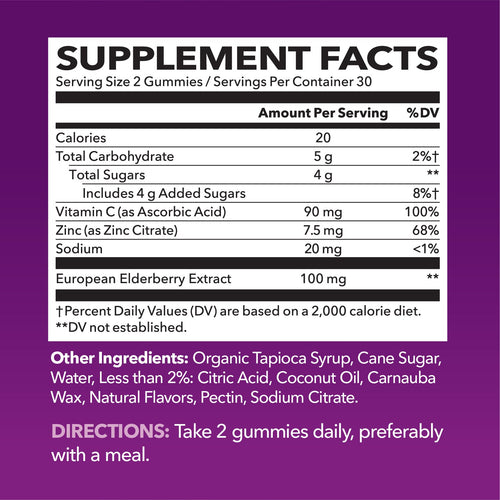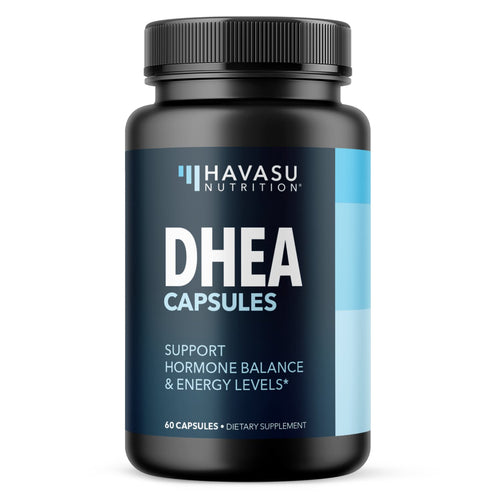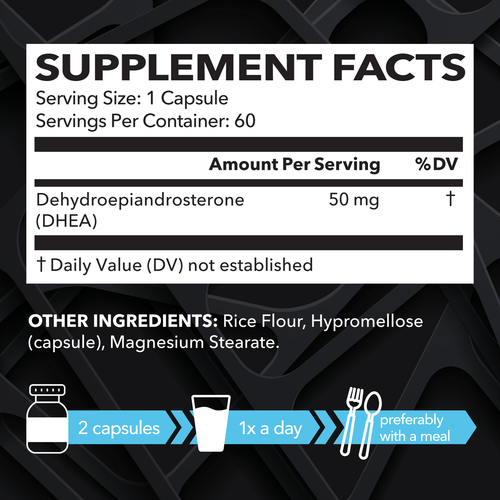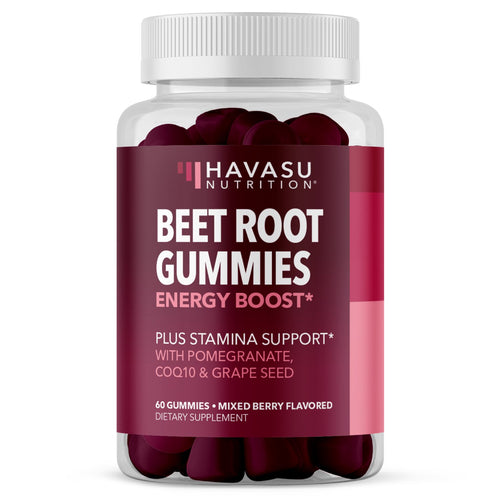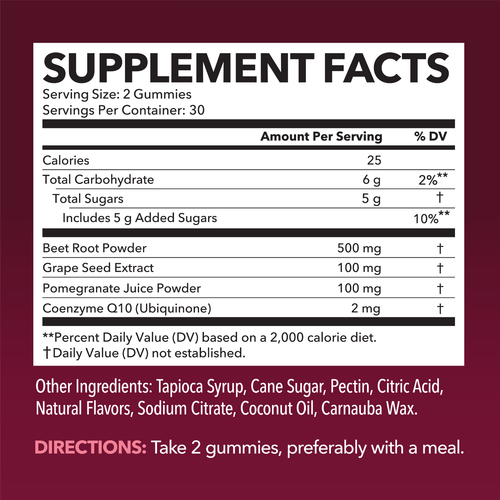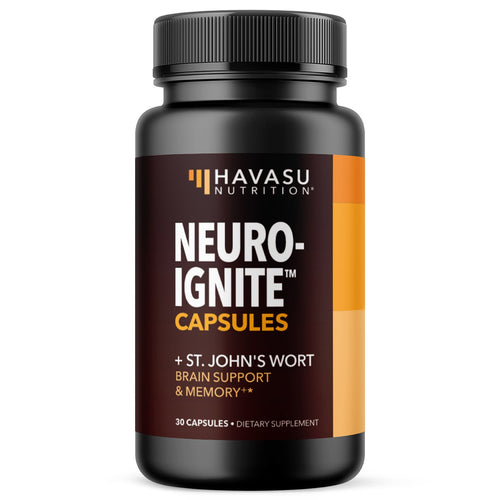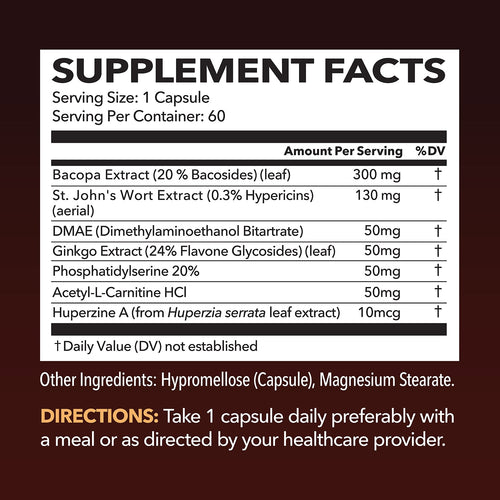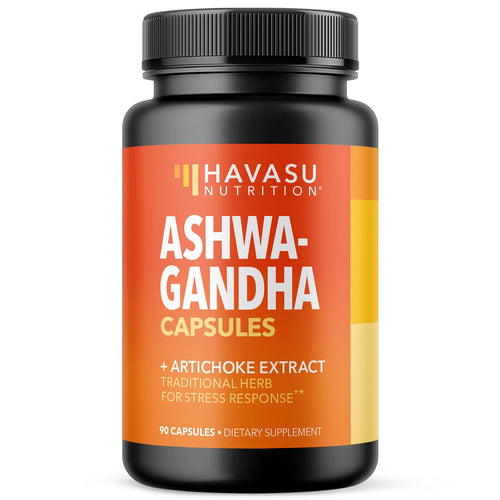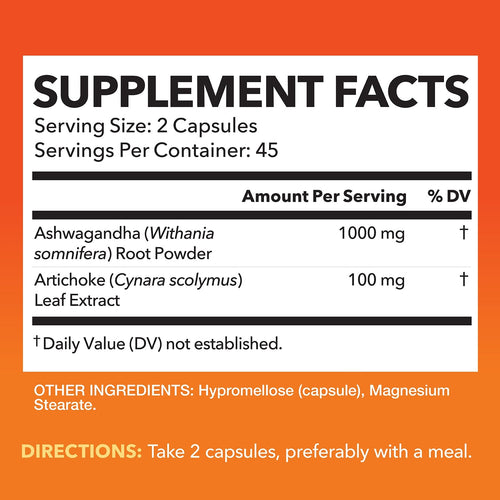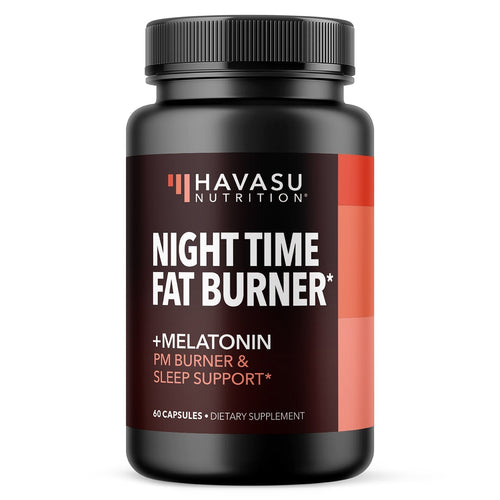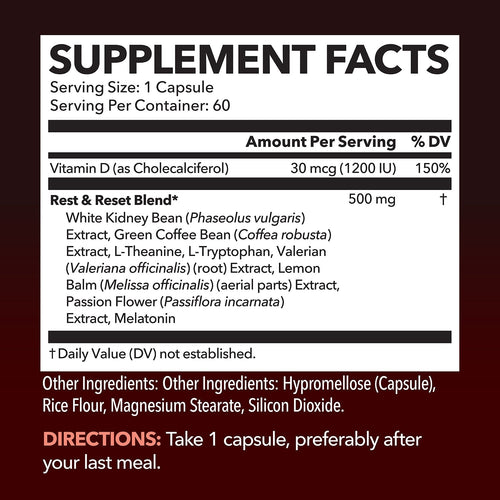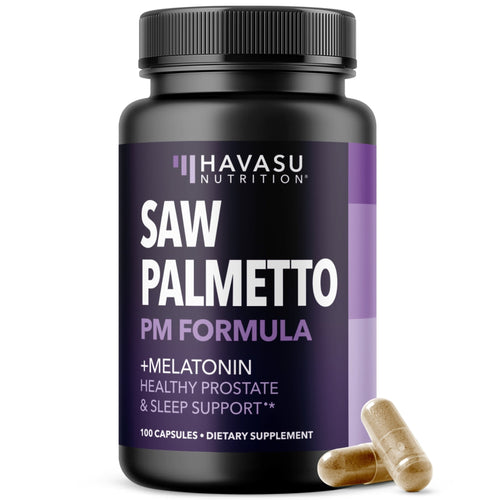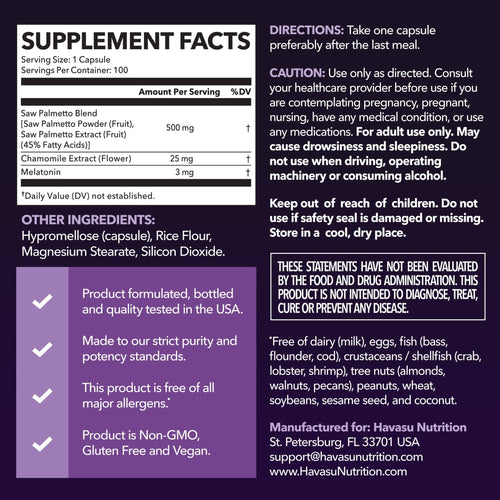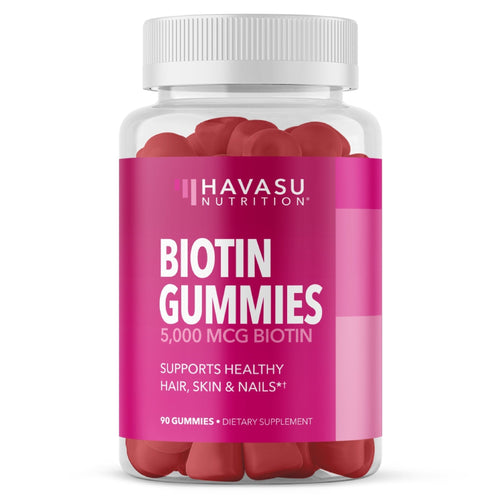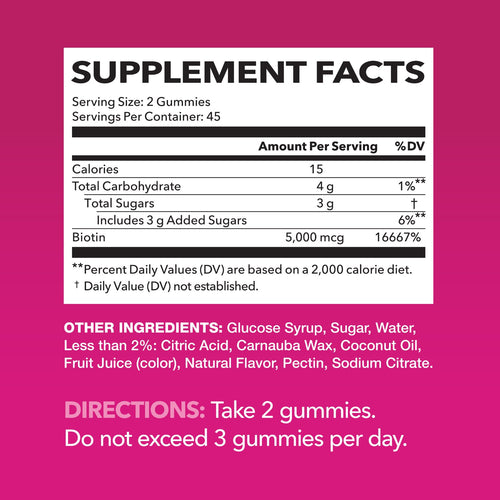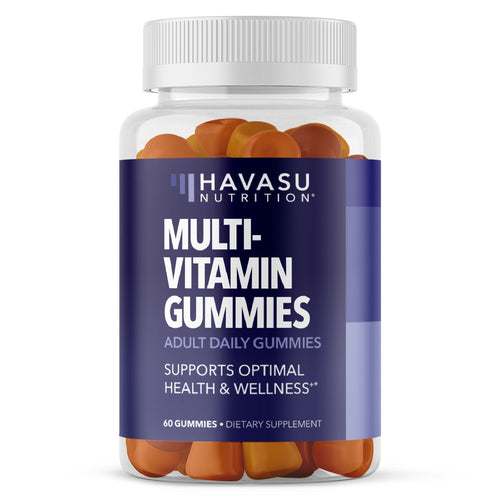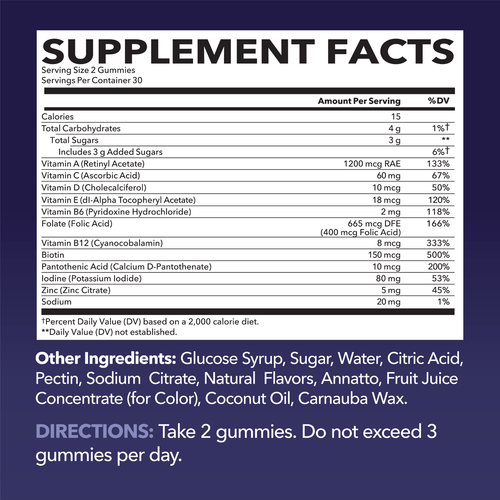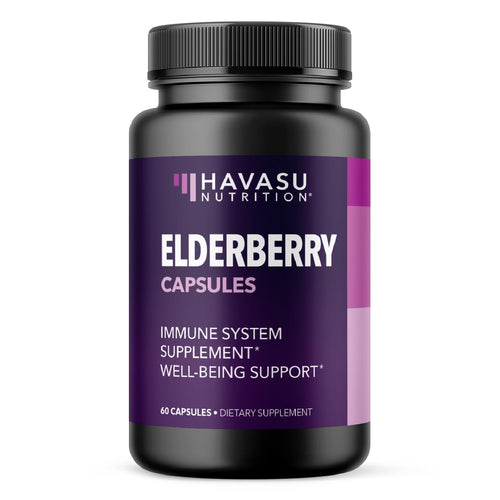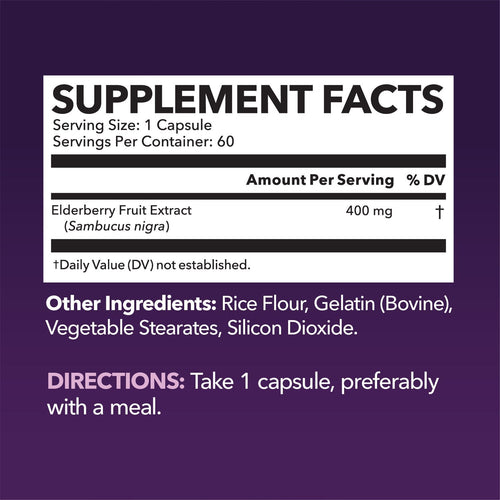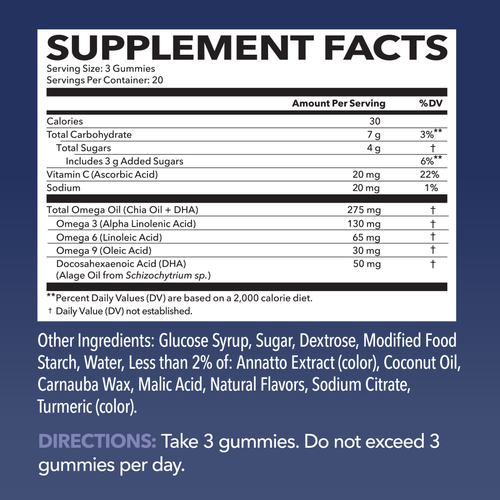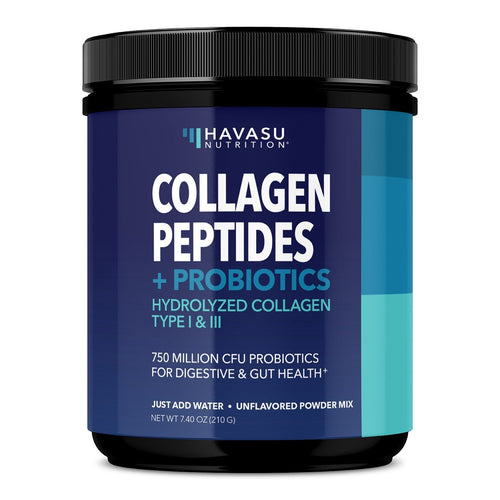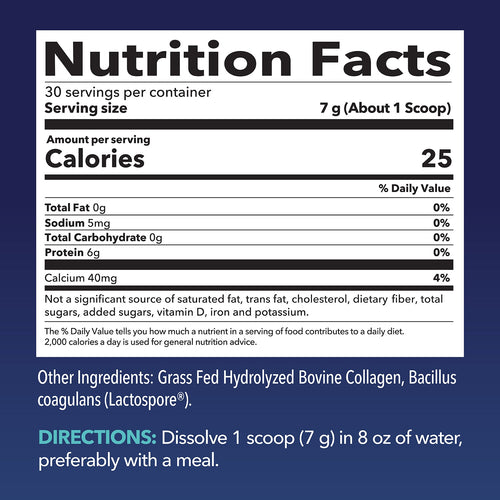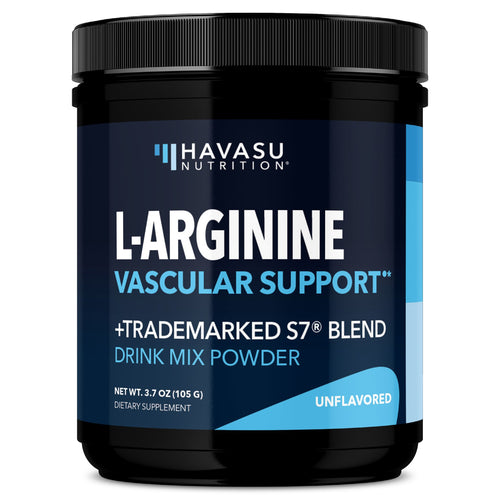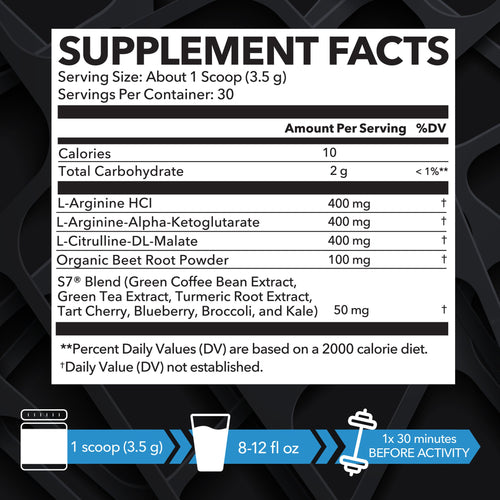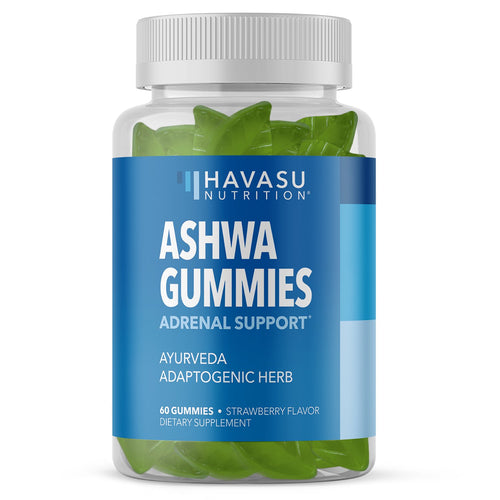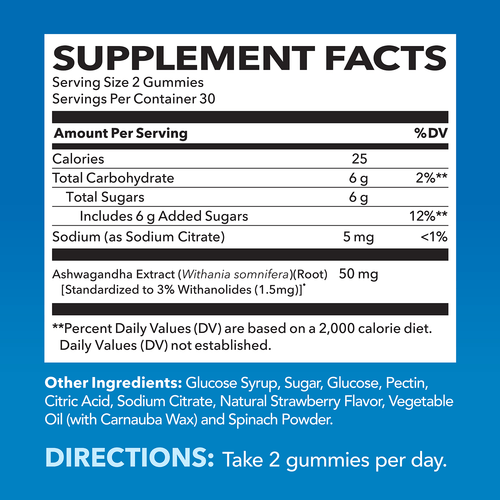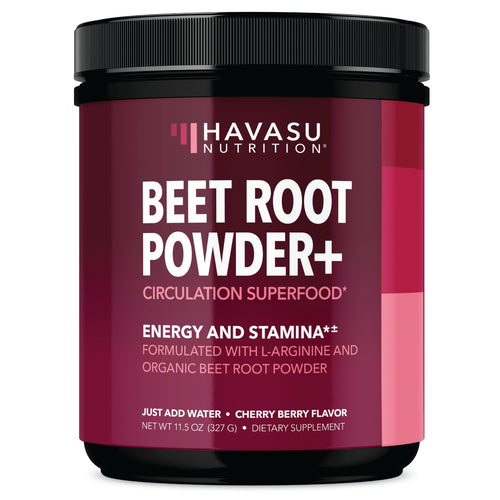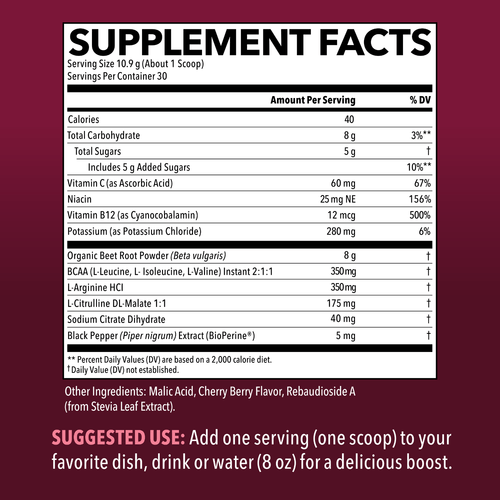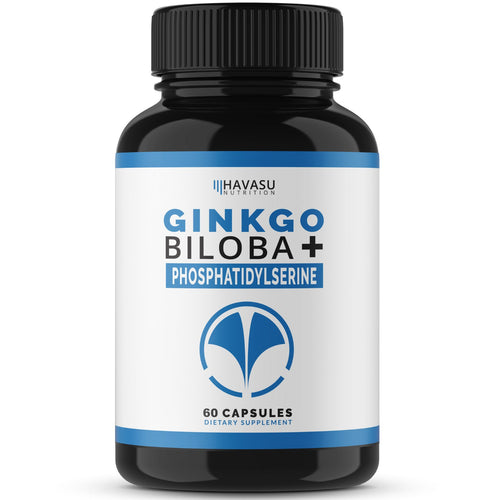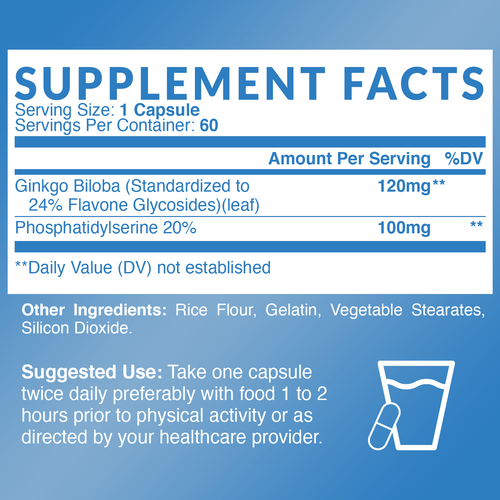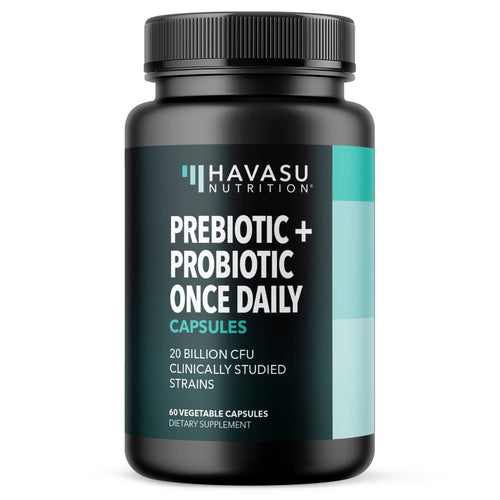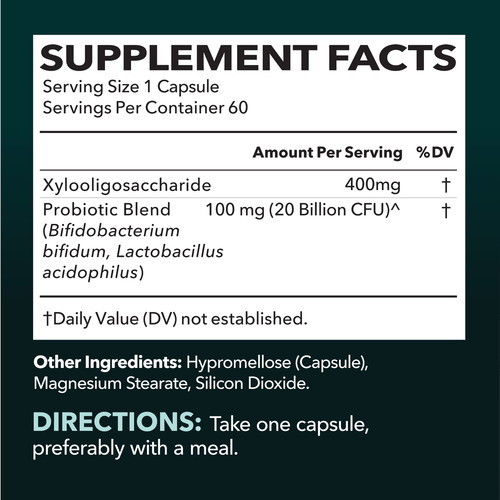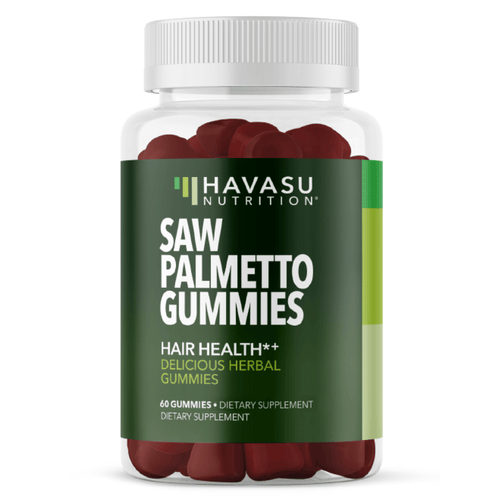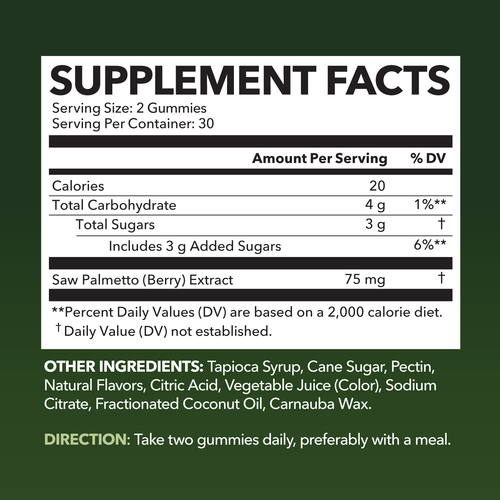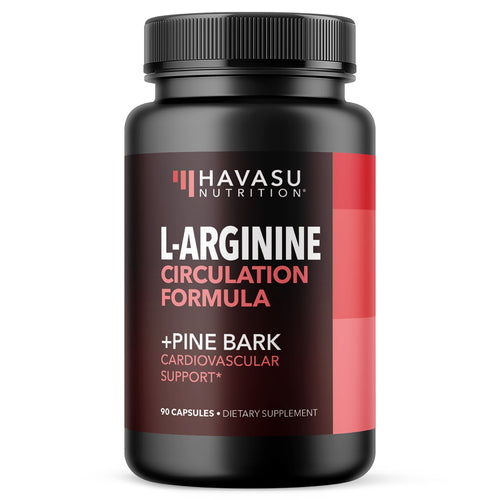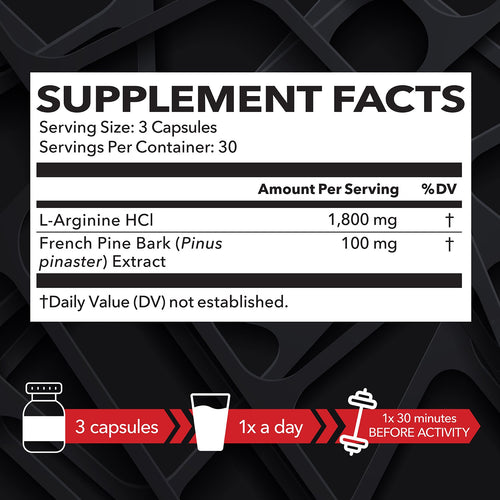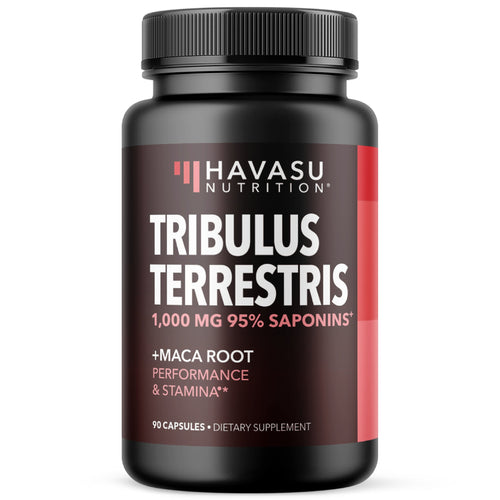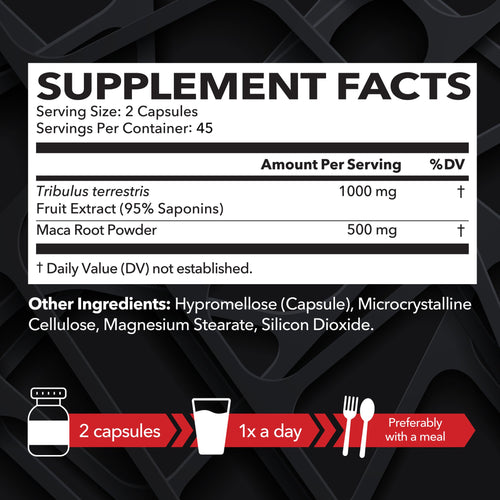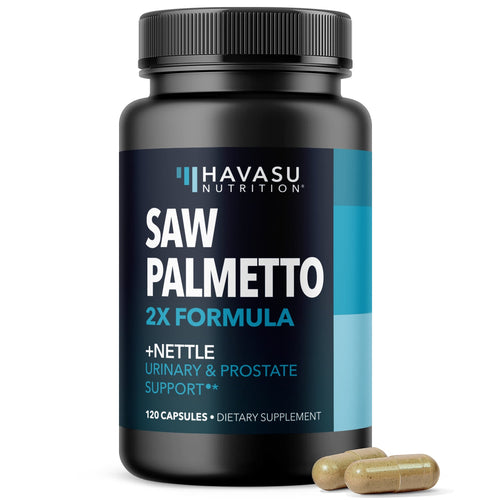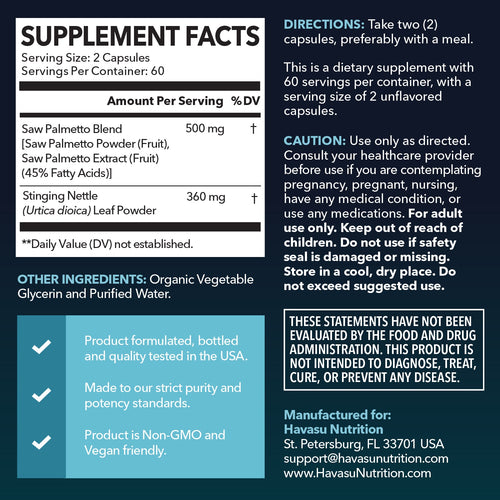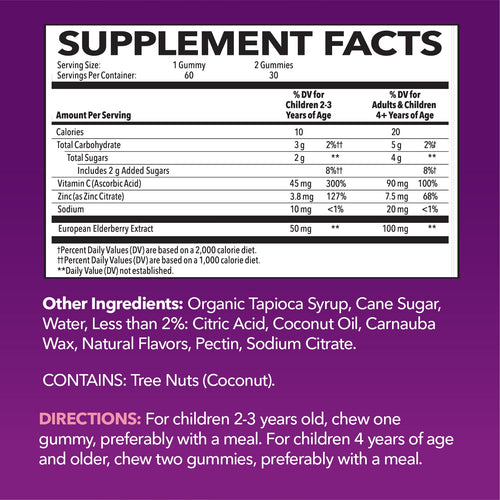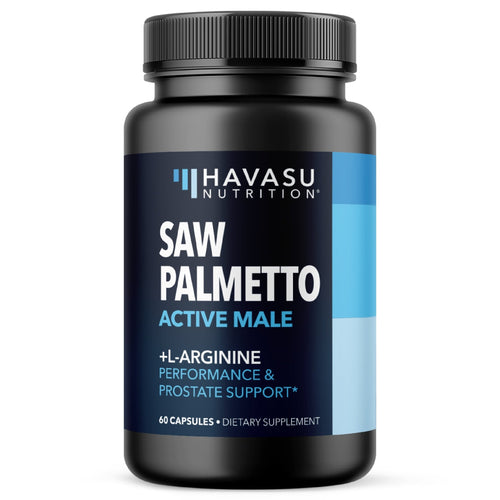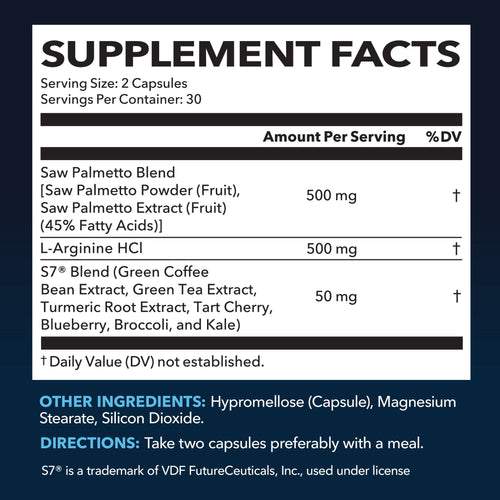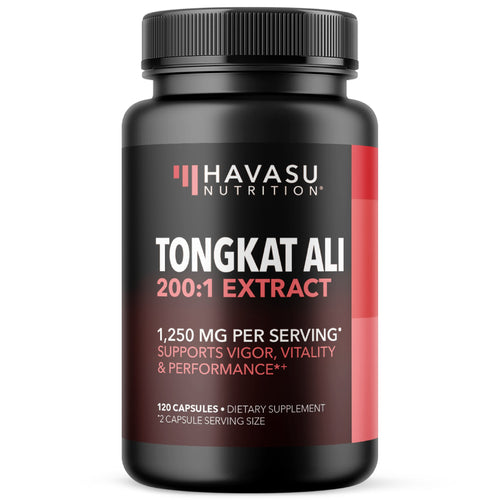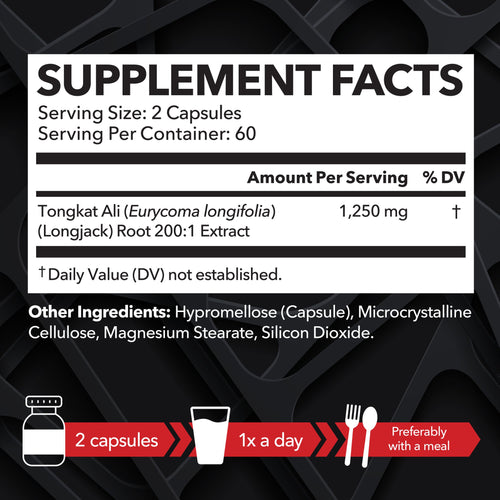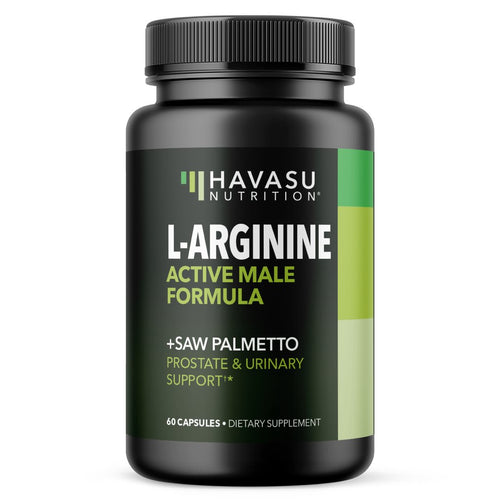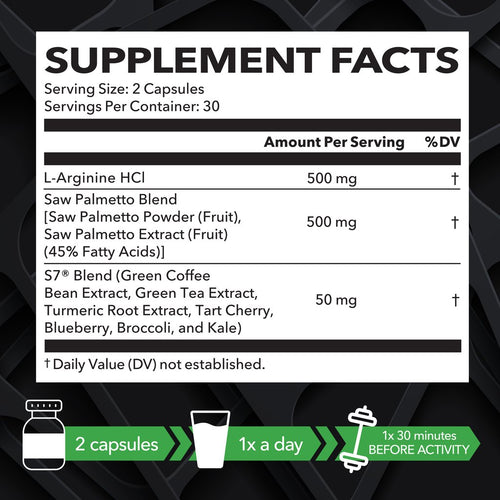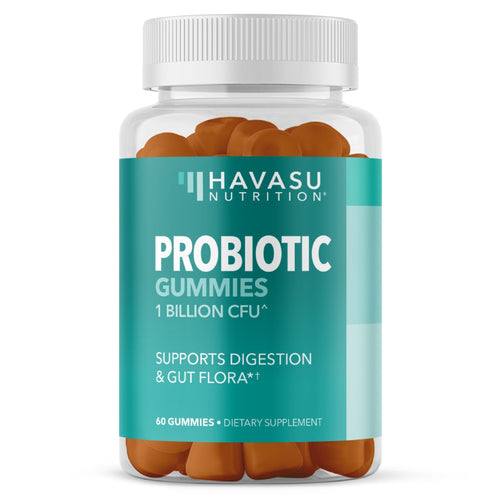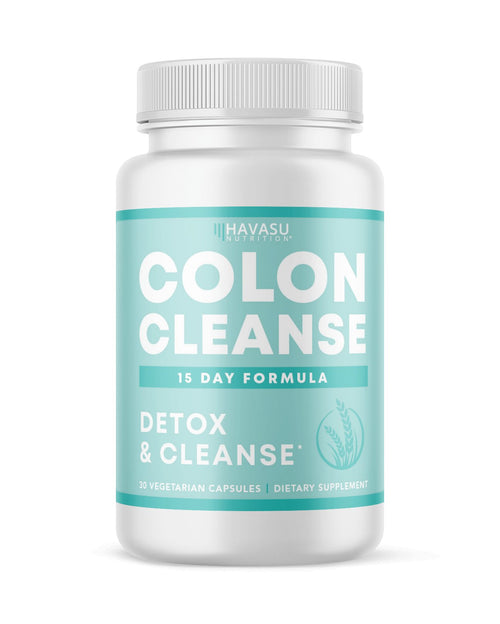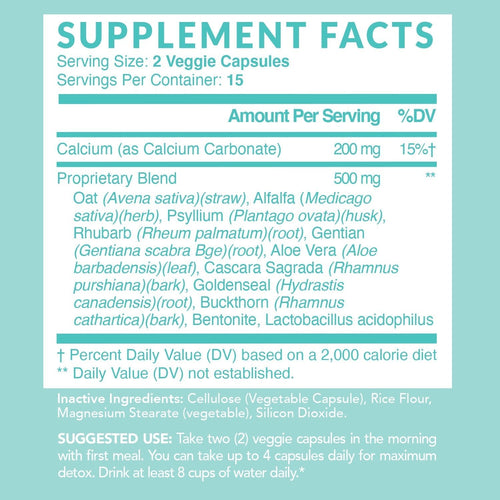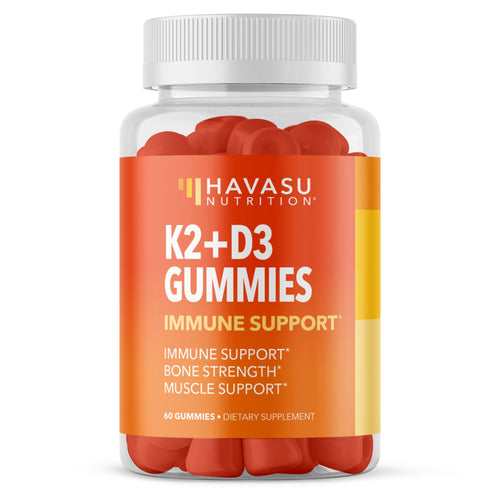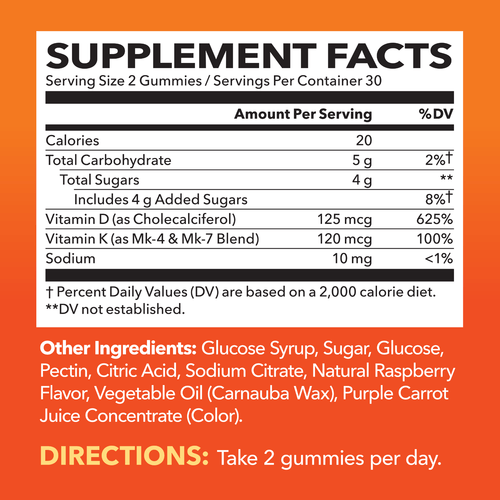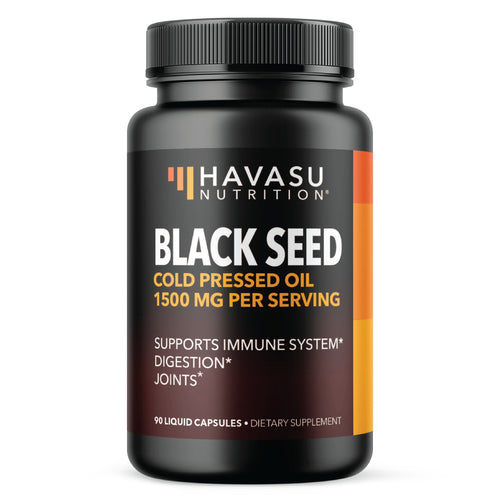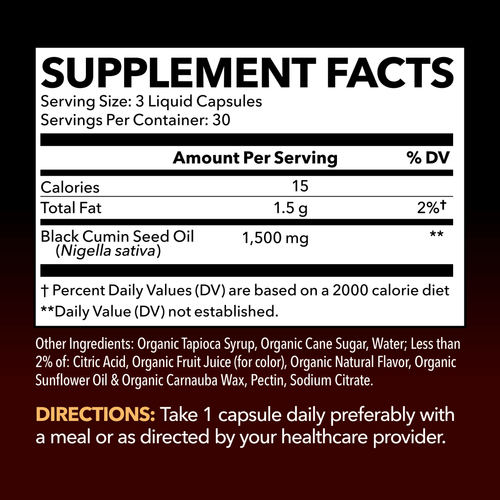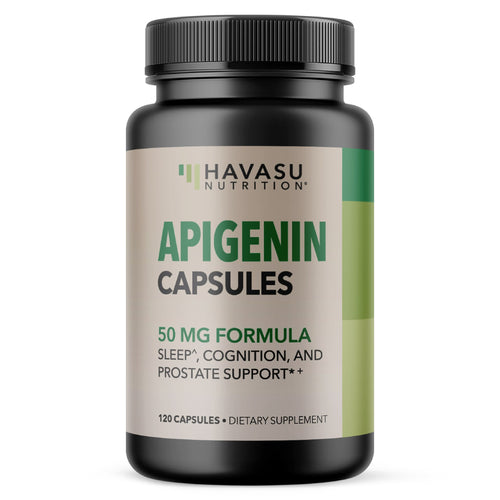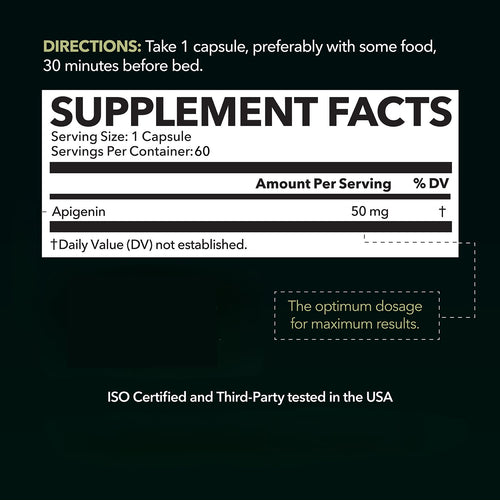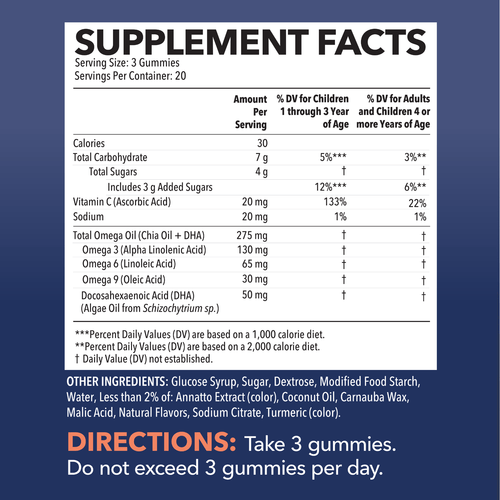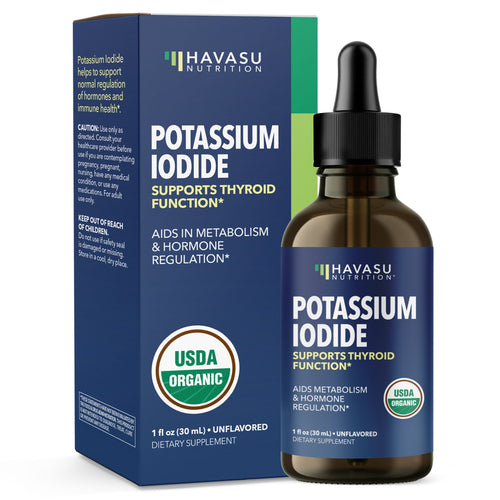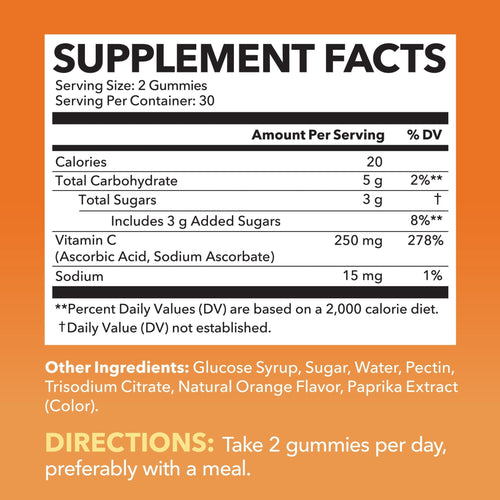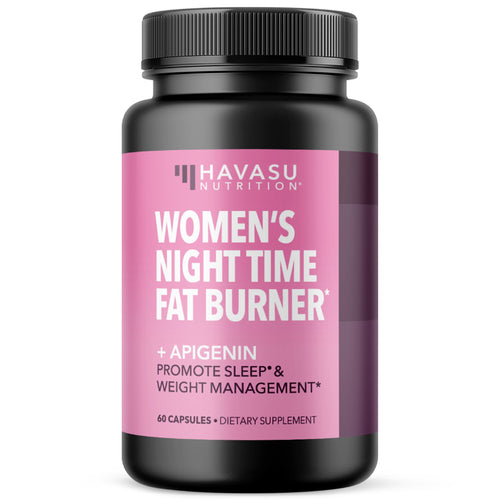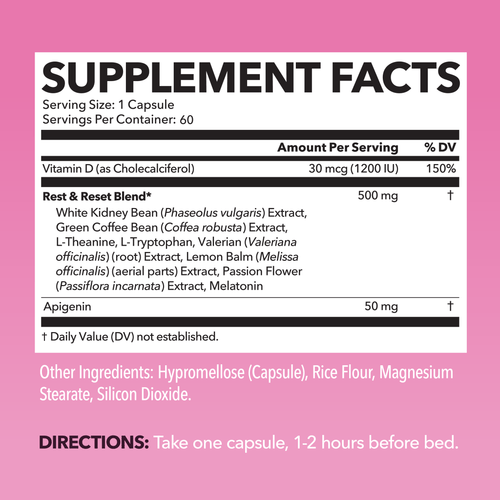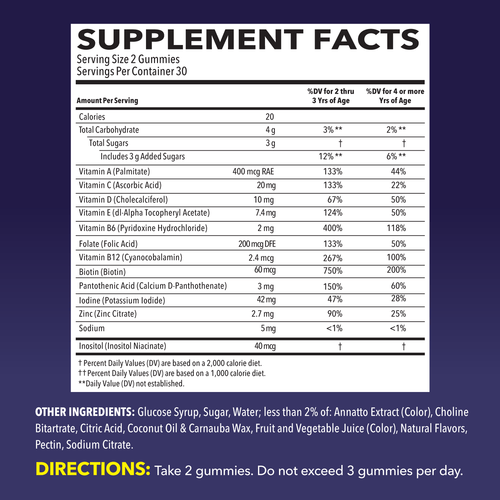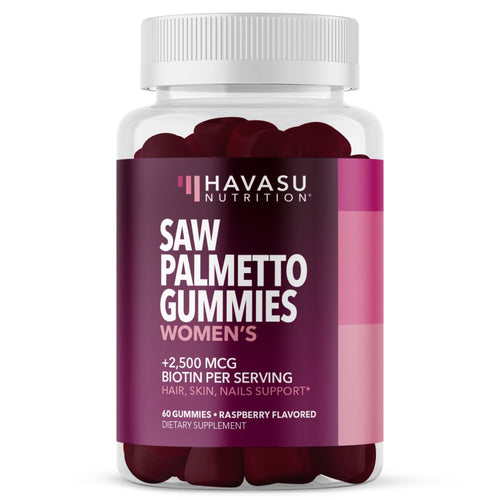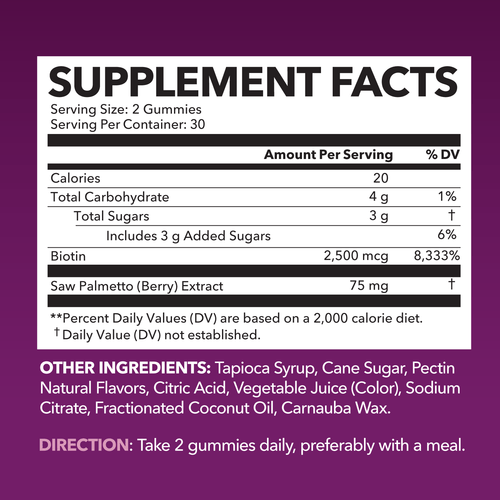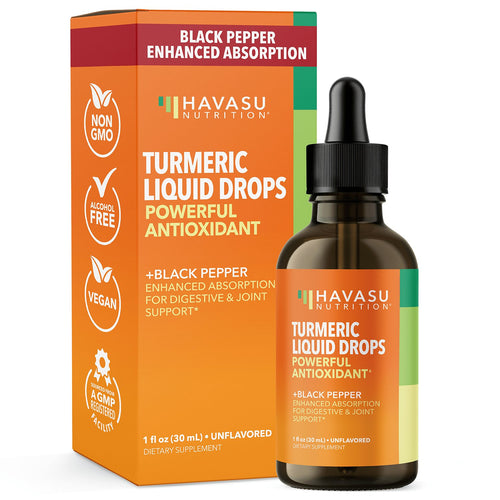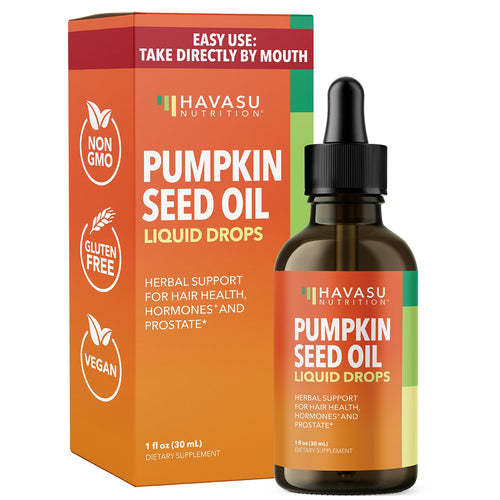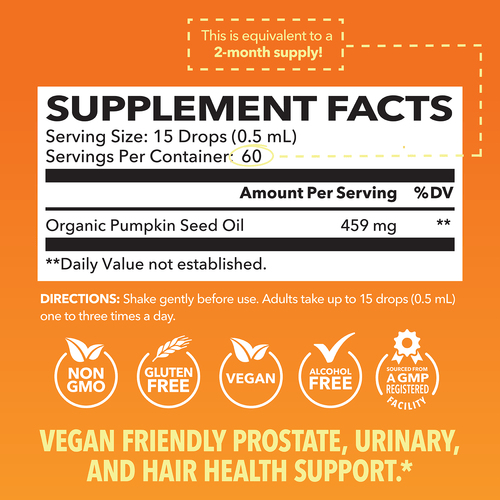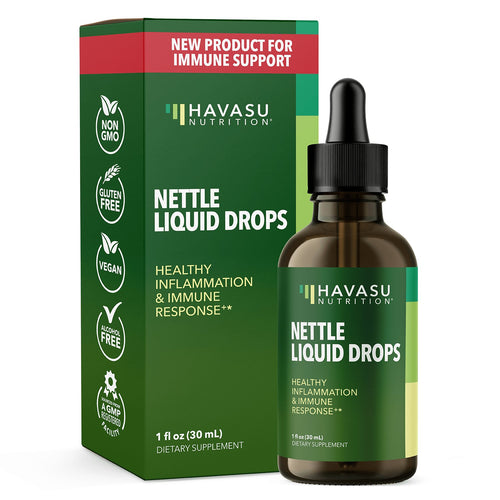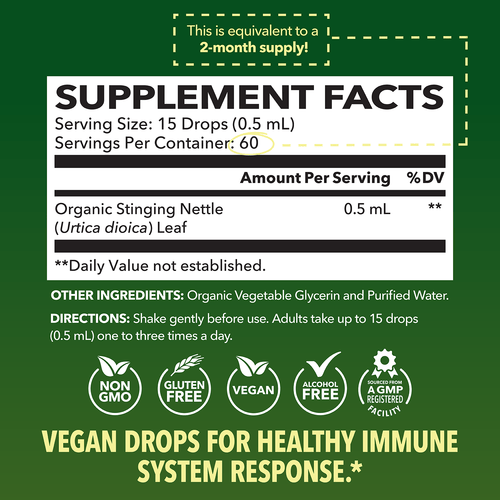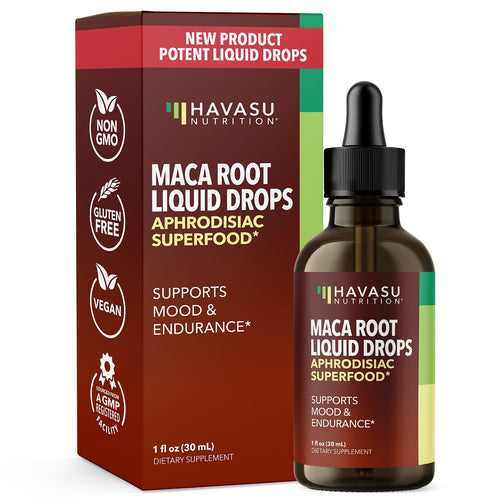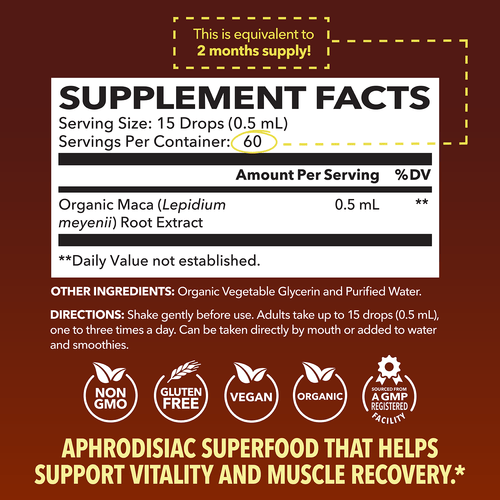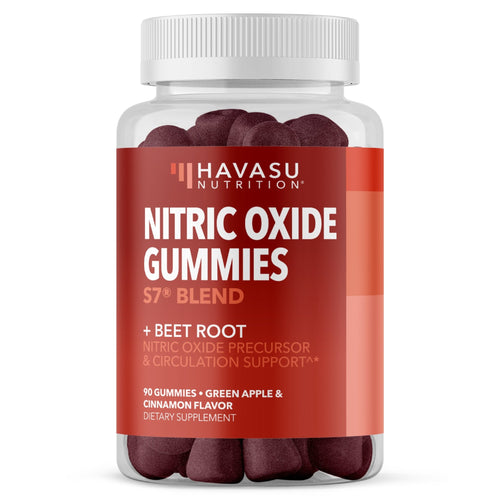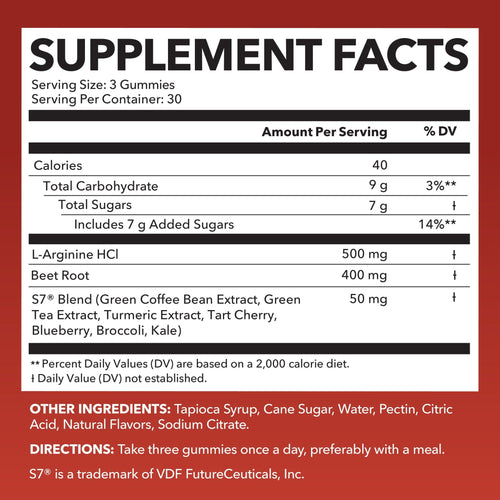10 Ways to Care for Your Skin Care While Sleeping
February 4, 2022
Getting a good night’s sleep is essential for a healthy body and mind. Did you know that getting sufficient rest is also important for your skin?
Carving out time to create a nightly routine can be difficult for those balancing work, parenthood, school, etc. After an exhausting day, it may feel like the last thing you want to do is spend time in front of a mirror when all you want to do is collapse in your comfy bed. But with just a little planning and patience, the results will pay off. Creating a nighttime routine will help you wake up with more supple, beautiful skin.
Here are 10 easy simple ways to take care of your skin before you get your much-needed sleep:
Beauty Sleep is Not a Myth!

Beauty sleep is a real. It’s not some fairytale your mother told you to make you go to bed early. According to WebMD, “your skin uses sleep hours to heal itself from the day's damage. When you drift off, your skin gets the chance to improve. That's why you may wake up looking fresh and rosy.”
Whitney Bowe, M.D., a New York City dermatologist and author of Dirty Looks, agrees. “When we sleep, our stress hormone (cortisol) goes down and our sleep hormone (melatonin) goes up,” Bowe says. “Our body, and our skin, are in repair mode.”
If you are among those who have difficulty sleeping, there are many natural supplements containing melatonin that will help you drift off into a deep sleep.
Always Wash Your Face Before Bedtime (We Don’t Want to Nag, But We Mean Always!)

If you do only one thing before bed, do this. Washing your forehead, face and neck removes all the oils your skin collected during the day. And if you wear makeup, it is essential you remove it before going to bed. If you don’t perform a thorough wash and rinse, your pored can clog, which can cause skin irritation, acne breakouts and dull, lifeless skin.
Dehydrated skin can lead to a lack of elasticity which can result in wrinkles, dark spots and fine lines. A regular regimen of washing and rinsing your face every night will help minimize skin damage.
Hydrate Throughout the Day (and Keep a Glass of Water on Your Nightstand)

Hydrated skin is healthy skin. “Drinking adequate amounts of water helps the body eliminate toxins while providing you with healthier skin,” according to the Maryland Institute of Plastic Surgery. “Drinking as little as two cups of water can increase blood flow to the skin, giving it a smooth tone.”
Drinking water also helps speed up the healing process for viral infections, headaches, sunburns and other maladies.
Keep a bottle or glass of water available to you during the day. In the evening, make sure you are properly hydrated by drinking water after dinner. If you enjoy a glass of wine or a cocktail in the evening, make sure to mix in one glass of water per alcoholic drink. And leave a glass of water on your bedstand in case you get thirsty in the night.
Eat Water-Rich Fruits & Veggies

Diet can also play a huge role in the health of your skin. According to Lawrence E. Gibson, M.D., from the Mayo Clinic, “antioxidant-rich foods seem to have a protective effect for the skin.” These skin-friendly foods include:
- Carrots, apricots, and other yellow and orange fruits and vegetables
- Spinach and other green leafy vegetables
- Tomatoes
- Berries
- Beans, peas and lentils
- Salmon, mackerel and other fatty fish
- Nuts
Biotin & Collagen Are Your Friends

If you want to boost your skin health, consider Havasu Nutrition’s Biotin Gummies and Collagen Gummies. Our biotin gummies are jam-packed with anti-aging benefits and will help you achieve a radiant complexion. Biotin, also known as B7, helps keep your skin stay hydrated. Our collagen gummies help eliminate wrinkles and strengthens your skin. Collagen also will help improve your skin’s elasticity and help prevent sagging.
Wean Yourself from Sugar & Carbs

Fruits and vegetables are your skin’s friends. Sugar and carbohydrates, on the other hand, can damage your skin. A diet rich in refined carbohydrates can lead to acne, according to Healthline. One study found that people who frequently consumed added sugars had a 30% greater risk of developing acne, while those who regularly ate pastries and cakes had a 20% greater risk.
We’re not suggesting you give up on sugar & carbs cold turkey – a balanced diet is important. But we are suggesting that you cut back on foods that not only are bad for your skin, but are unhealthy for your entire body.
Invest in a Humidifier

"A humidifier allows us to control the environment, which is a great way to control the skin," according to New York City dermatologist Paul Jarrod Frank. "Skin is our largest organ, and heat is naturally very drying, so it's important to keep air hydrated."
And the best way to keep air hydrated is with a humidifier. Your skin’s outermost layer does most of the heavy lifting when it comes to keeping you from suffering from dehydration. A humidifier in your bedroom while you sleep will keep the hydrated air circulating and help your skin recover.
"Hydration is important to keep toxins flushed and fluid moving efficiently through the capillaries," dermatologist Dendy Engelman told Allure magazine. "The skin needs natural oils [in order] to maintain healthy cells and eliminate waste, as well as not cause oil production to go into overdrive."
Your Pillowcase Matters

Each night you go to sleep, bacteria and oils are reintroduced into the skin. And your pillowcase and sheets act as receptacles. Invest in a quality pillowcase, even if it doesn’t match your sheet set. And wash your pillowcase frequently.
Some sleep specialists recommend silk pillowcases because the material glides over your face and reduces stretching and pulling. Less friction equals fewer wrinkles. Another advantage of silk pillowcases is that they absorb less moisture than cotton. If you use overnight moisturizers or creams (see Tip #10), more of the product will stay on your skin and less will get absorbed into the pillowcase.
Sleep on Your Back if You Can

Less than 10% of find sleeping on our back to be the most comfortable position, but there are many health benefits to doing so. Sleeping on your back prevents your face from constantly rubbing up against your pillow. Dermatologist Ava Shamban says that sleeping on your back helps your entire body relax, which “reduces inflammation allowing better results for cell turnover in the face,” which is your skin’s way of getting rid of dead skin cells to make room for new cells to grow.
If you want to reduce facial wrinkles, try sleeping on your back. It may feel odd at first, but it may be worth it for various health reasons.
The Obvious: Overnight Moisturizers, Eye Creams, Hydrating Masks & Skin Toners

Invest in spa-quality facial care. You won’t regret it and your skin will thank you every day. There are a number of products you can use and all have their pros and cons. Depending on your skin tone and health, try moisturizing your skin after washing it in the evening. Overnight moisturizers, eye creams, hydrating facial masks and skin toners are just a few of the many options you can choose.
Using an antioxidant-rich lotion on your face before bed can help your skin stay vibrant and protect against the effects of aging. If you have dark skin under your eyes, try a rejuvenating cream to combat the appearance of skin discoloration.





